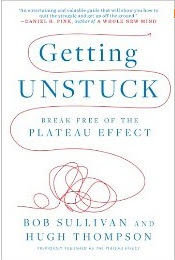Dear Liz: I have a friend who is a multimillionaire. He told me what he collects in Social Security, and it was much less than what I receive even though my income while I was working was small. He said because of his status, Social Security pays him much less. Is that true? I thought your benefits are based on what your income was.
Answer: They are. The Social Security system was designed to replace a larger percentage of income for lower-paid workers, based on the idea that these workers had less opportunity to save for their future. The higher your income, the lower the percentage of your pay the system is designed to replace.
But people who earned high salaries during their working lifetime will reap bigger checks than those who didn’t, all other factors being equal.
Assuming your friend is telling the truth about his benefit, there are several explanations for why he’s getting less. One is that he was a business owner who controlled his own pay and deliberately kept down the amount of his salary that was subject to payroll taxes. (People think they’re saving money by doing this, until it’s time to claim Social Security and they realize what it has cost them.)
Another possibility is that he has income from another source, such as a public pension, that would reduce his check because of the government’s windfall elimination provisions.
Other possibilities: Perhaps he started his benefits early, while you delayed yours to let them grow. Or maybe he was one of those diligent, frugal people who built wealth on a smaller income. Or it could be he was talking about his after-tax benefit, since Social Security benefits are taxable once your income exceeds certain amounts.
Those are just some possibilities, but he definitely isn’t receiving a smaller check than you just because he’s rich.






